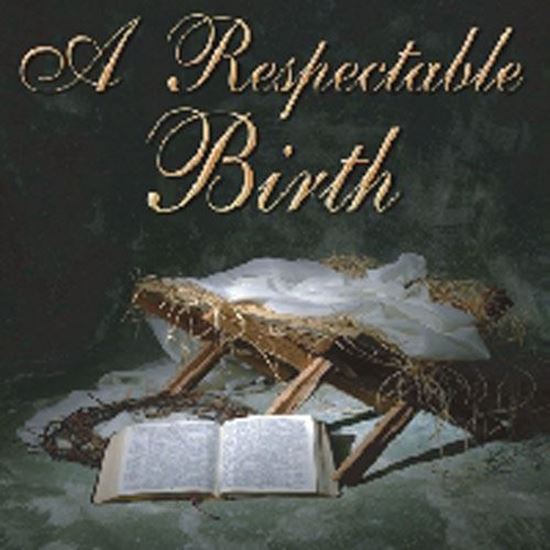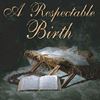



A Respectable Birth
Here is the story of two births which happen on the same night in Bethlehem but turn out to be worlds apart. Simon, a well-to-do man, awaits the birth of his baby, hopefully a son. He has sent his servants on a frantic, last-minute search for a cradle “fit for a king,” but they can only find a manger from a nearby stable. Simon instructs them to return it and find a “real” cradle. The night is interrupted by Joseph and Mary, seeking a place to stay. Preoccupied, Simon callously turns them away. Soon several of his shepherds arrive exhilarated, bearing news of angels, songs, and a baby in a manger. They quickly leave to find and worship this baby. When Simon’s son is born and placed in the new, ornate cradle we learn the baby’s name—Judas Iscariot.
(The prequel to this play is "A Slight Change of Plan," #1521.)
Productions
Behind The Scenes
PLAYWRIGHT KEVIN STONE TALKS ABOUT
“A RESPECTABLE BIRTH”
Q: WHAT INSPIRED YOU TO WRITE THIS PLAY?
A: Reading the biblical account of the birth of Christ and contemplating the reason He came, combined with a desire to construct a Christmas play from a unique viewpoint. The surprise ending reflects my love for "The Gift of the Magi" and other stories by O. Henry.
Q: WHAT'S YOUR FAVORITE PART OR LINE IN THE PLAY? WHY?
A: My favorite scene is the servants’ discovery of the manger and Meg’s idea to use it as a crib. The whole scene is full of irony, and Reuben’s fear of condemnation stands in stark contrast with God’s grace through the coming Savior.
Q: WHERE DID THE CHARACTERS COME FROM? ARE THEY BASED ON PEOPLE YOU KNOW?
A: Mary, Joseph, Simon, and Jesus are in Scripture. Other than that, the characters are purely fictional.
Q: WHAT DID YOU TRY TO ACHIEVE WITH THIS PLAY?
A: My overall goal was to highlight the beauty and simplicity of Jesus’ birth by setting it against a back of human self-interest and pride. The contrasts in the play, the chaos and commotion of Simon’s house versus the peace and serenity of the stable Abigail’s faith versus Simon’s pragmatism the jubilation of the shepherds versus the hardness of Simon’s heart provide a setting in which the gift of God can shine more brightly than ever. The play’s final line realizes a secondary goal, that of showing the ultimate tragedy of having a purely materialistic perspective.
